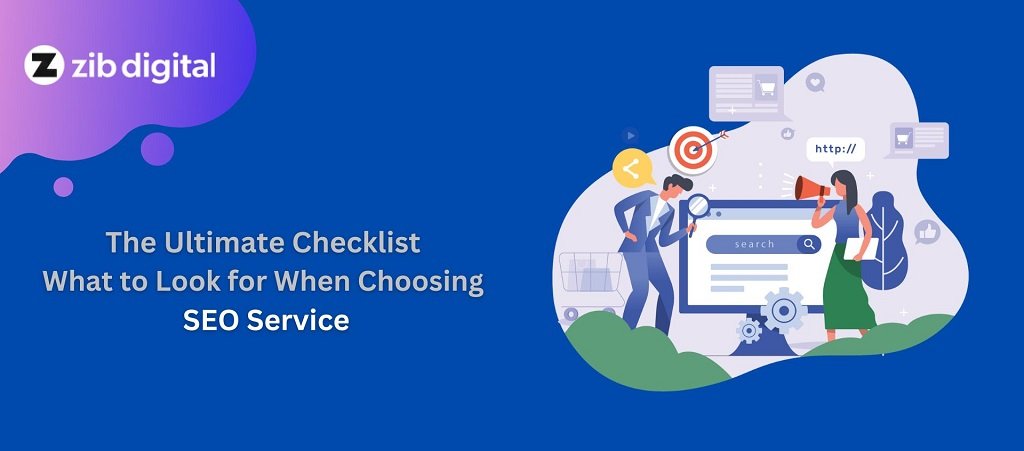Local Keyword Research For SEO: What It Is & How To Do It

Overview
Local keyword research is a crucial step in the process of optimizing your website for search engines. It’s also one of the most misunderstood aspects of SEO, so Local SEO Agency in Australia here to clear up some confusion and answer some questions you might have about local keyword research.
The first thing you need to know is that local SEO keyword research isn’t just about finding keywords–it’s about finding good ones! You want to make sure that when someone searches for something like “plumber” or “electrician,” they see your business at the top of their results page.\
This means conducting thorough research into what people are searching for locally so that when someone does make that search, they’ll find what they need right away without having to click through multiple pages or do any additional searching themselves (which would cost them time).
What Is Local SEO Keyword Research?
Local SEO keyword research is the process of finding and analysing keywords that are relevant to your business, but also specific to your location. Whereas traditional keyword research focuses on finding high-volume terms that will bring in lots of traffic from people who are searching for something general, local SEO keyword research focuses on finding long-tail keywords that are more specific and therefore more likely to convert into sales or leads.
In order to do this type of keyword research effectively, you need to know what components go into it:

How to Do Local Keyword Research
To get started, you’ll need to identify relevant local keywords. You can do this by using one of the following methods:
- Use Google Keyword Planner to find keyword ideas in your area.
- Perform an advanced search on Google Maps and look for keywords with high search volume in the area where you want your business to be listed.
- Use a tool like SEMrush or Ahrefs (both paid) or engage with local seo company Canberra, where expert team helps to see which keywords have been used most frequently over time on websites that rank well for those terms.
How to Handle Multiple Locations
If you have multiple locations, Local SEO Agency in Australia suggests to consider as an important to handle them in the same way. The first step is to figure out which location is most relevant for the search query and then optimize that location. This can be done by using local keywords or synonyms of those keywords.
For example, if someone searches “restaurants near me,” you should use this as an opportunity to optimize your site for that specific location. You can use a combination of terms like “restaurants” or “near me” as well as geographic information like state names or zip codes (e.g., “restaurants in Los Angeles”) if they’re available in Google Maps data; this will help ensure that your website appears at the top of SERPs when someone searches for those terms locally on their mobile device!
How to Track Your Local Keyword Rankings
- To track your local keyword rankings, you need to use a tracking tool. There are many options out there, but I recommend Ahrefs because it’s easy to use and has great features for monitoring both local and non-local keywords.
- Once you’ve signed up for an account with Ahrefs (or another similar tool), go ahead and enter the URL of one of your competitor’s websites into their “backlinks” section. This will show you all of their backlinks–the sites that link back to them–and allow you to see which ones are relevant based on keywords they rank well for locally.
- The next step is finding out what terms people search when looking for businesses like yours in Google Maps or Yelp! This can be done by going through each listing individually by clicking on “More Info” under each business listing then scrolling down until finding “Search Terms Used.”
Improve Your Local Visibility
Local SEO is a great way to improve your website’s visibility in the search engines. To start, you’ll need to find out which keywords are relevant for your business and then optimize them. This can be done using tools like Google AdWords Keyword Planner or SEMrush Local, which allow you to see what keywords people are searching for in the local area around your business.
Once you’ve identified these keywords, Local SEO Company in Canberra suggests it’s time to optimize them! The best way of doing this is by creating content that addresses those topics specifically (i.e., “best restaurants near me”). This will help improve both user experience and rankings on Google Maps/Bing Maps if done correctly!
Conclusion
Local keyword research is a crucial part of any SEO campaign, but it can be difficult to get started. Once you’ve done your research and know what keywords to target, though, local search engine optimization becomes much easier.
You should now have a better understanding of what local keyword research is and how it can help you improve your website’s ranking on Google Maps. If you’re looking for more information on this topic or would like some tips on how to do it yourself, check out our guide here!
Related Posts

The Ultimate Checklist What to Look for When Choosing an SEO Service

Mobile SEO Essentials: Optimising for Today’s On-the-Go Users

